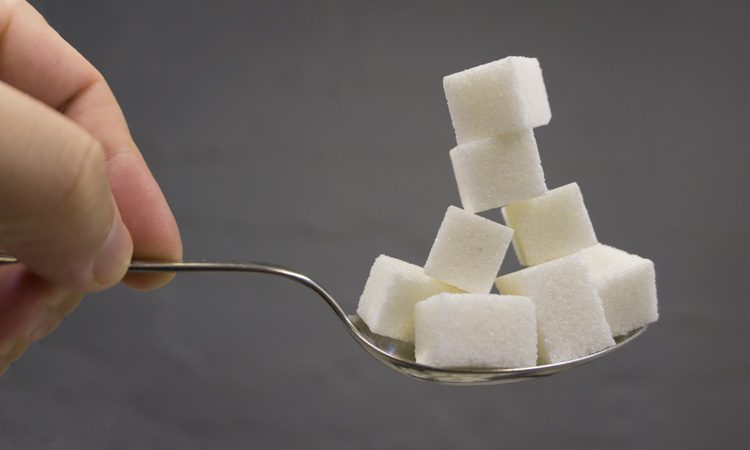Report shows sugar reduction progress by food industry
- Like
- Digg
- Del
- Tumblr
- VKontakte
- Buffer
- Love This
- Odnoklassniki
- Meneame
- Blogger
- Amazon
- Yahoo Mail
- Gmail
- AOL
- Newsvine
- HackerNews
- Evernote
- MySpace
- Mail.ru
- Viadeo
- Line
- Comments
- Yummly
- SMS
- Viber
- Telegram
- Subscribe
- Skype
- Facebook Messenger
- Kakao
- LiveJournal
- Yammer
- Edgar
- Fintel
- Mix
- Instapaper
- Copy Link
Posted: 30 September 2019 | Sam Mehmet (New Food) | No comments yet
Findings suggest a consumer shift towards zero or lower sugar products, with sugar purchased from soft drinks decreasing in all socio-economic groups.


Public Health England (PHE) has published its second-year report on progress made by the food industry to voluntarily reduce sugar in everyday foods.
The report shows the sugar reduction achieved by retailers and manufacturers (in home sector) and the out of home sector (including restaurants, pubs and cafes) in foods contributing the most sugar to children’s diets, such as cakes, breakfast cereals and sweets.
The report indicates that, for retailers and manufacturers, there is an overall 2.9 percent reduction (sales weighted average sugar per 100g) since 2015. For the out of home sector, based on more limited data, there is a 4.9 percent reduction (simple average sugar per 100g).
In a recent product survey, however, Action on Sugar revealed that many out of home products, such as waffles and pancakes, do not provide sufficient content labelling, and contained excessive amounts of sugar.
Although, some food categories have shown greater progress. Retailer-owned brands and manufacturer-branded yogurts, and fromage frais and breakfast cereals have reduced sugar by 10.3 percent and 8.5 percent respectively.
The PHE report also looked at progress made under the Soft Drinks Industry Levy (SDIL). The data showed a 28.8 percent sugar reduction per 100ml in retailer-owned brands and manufacturer-branded products, and a 27.2 percent reduction per 100ml for drinks consumed out of home.
Over 30 thousand tonnes of sugar was removed without reducing soft drink sales, resulting in around 37.5 billion fewer kilocalories sold in sugary drinks each year.
“We are seeing some encouraging progress from the food industry. Our second year report shows some food categories reducing sugar faster than others but this is realistic at this early stage,” said Duncan Selbie, Chief Executive of PHE. “We are confident that the industry as a whole understands their responsibility to step up and deliver for children and their families.”
Related topics
Flavours & colours, Health & Nutrition, Ingredients, Obesity, Regulation & Legislation, retail, The consumer








